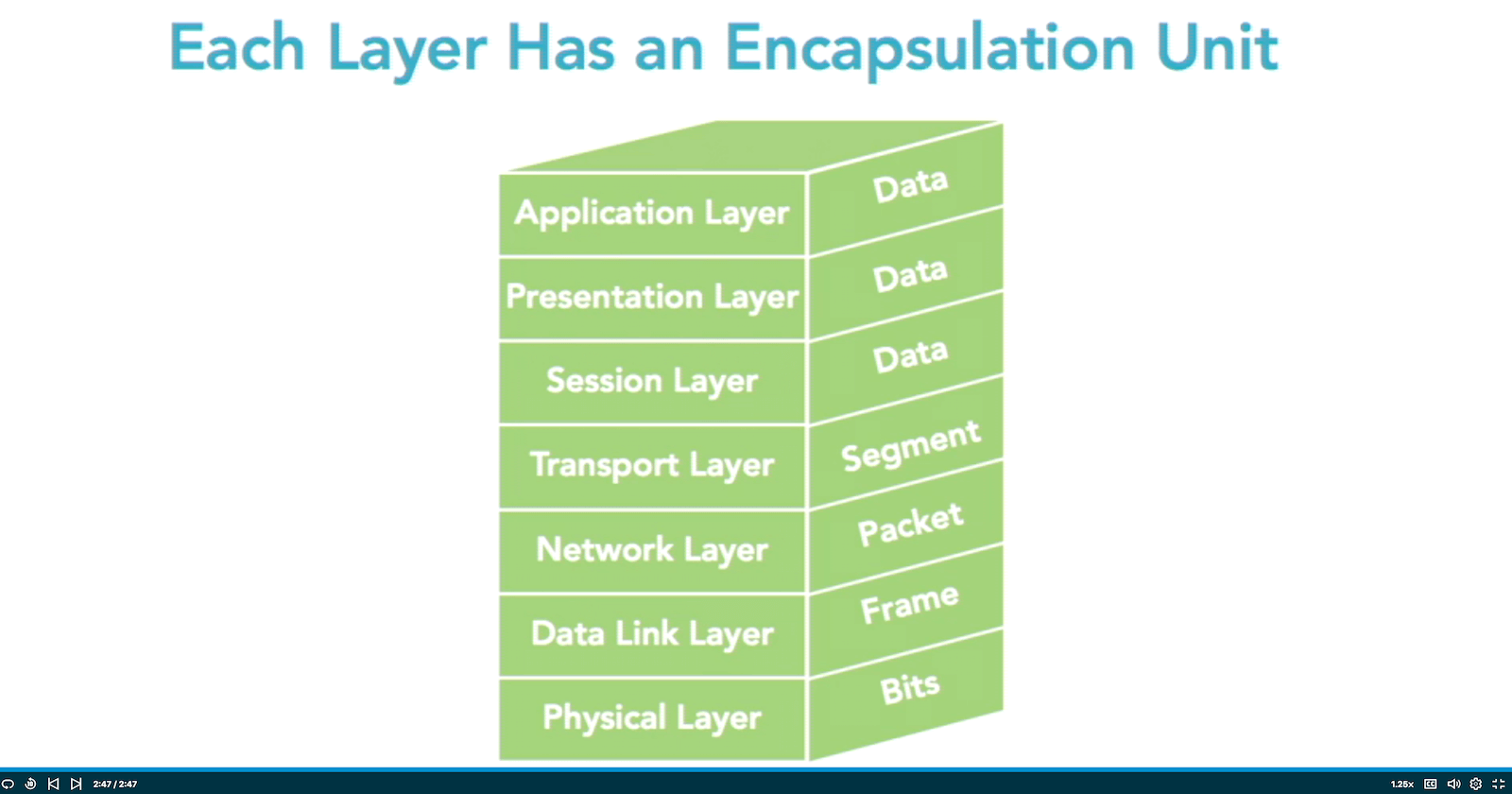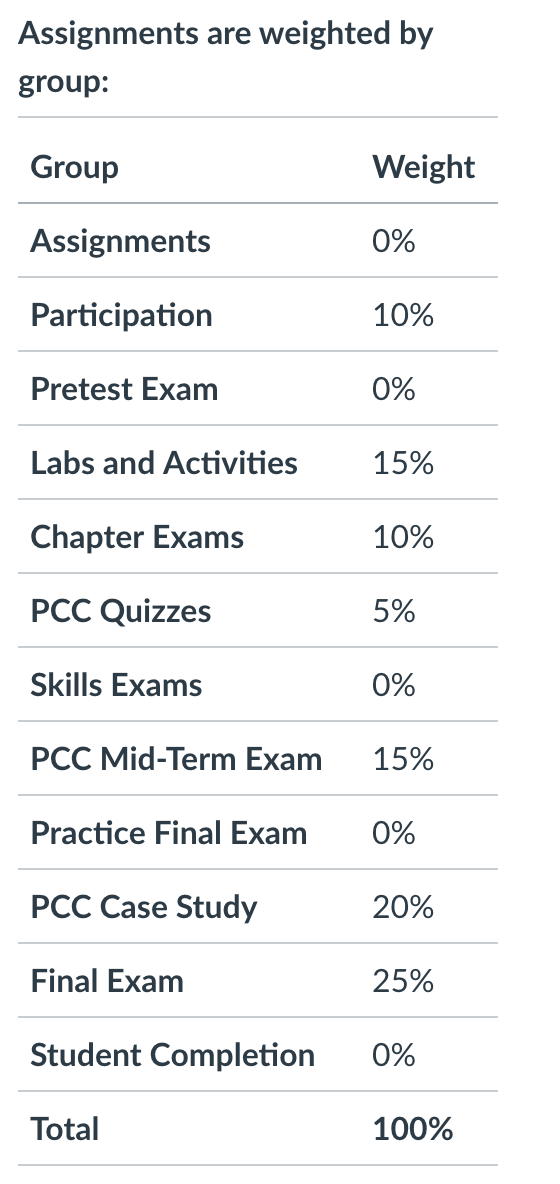I have finished the 3rd CCNA: Scaling Networks course and that leaves me with 1 more to go. Also, I took the ICND1 certification test during this time period. So this post will be a 2-in-1 post special. So first, let me tell you the Scaling Networks course that I took at Palomar College, San Diego.
It’s tough!
 In the first 8 weeks of spring semester, Palomar College offers Cisco network class for about $150. I took the other two courses (Introduction to Networks and Routing and Switching Essentials) and I have to say that the coursework is a bit tougher. One thing that I felt that the course is a bit faster and if you need to read a bit more. Sometimes, when I get stuck, I google or view YouTube videos for subjects that I don’t understand. I recommend that if you take this course, spend a bit more time in reading material and save your homework and assignments in your thumb drive or save it at Google Drive. You will need your notes for the case study.
In the first 8 weeks of spring semester, Palomar College offers Cisco network class for about $150. I took the other two courses (Introduction to Networks and Routing and Switching Essentials) and I have to say that the coursework is a bit tougher. One thing that I felt that the course is a bit faster and if you need to read a bit more. Sometimes, when I get stuck, I google or view YouTube videos for subjects that I don’t understand. I recommend that if you take this course, spend a bit more time in reading material and save your homework and assignments in your thumb drive or save it at Google Drive. You will need your notes for the case study.

One mistake that I did was focus more of my energy and time on the labs and activities assignments and not enough on the midterm, final, and case study. For example, the labs and activities were like 15% of the total grade while the final and the case study was worth like 55%. I spent like 25-28 hours on the labs/activities and the final/case study like 20 hours. I should have put more time on the final or case study. Speaking of the case study…
Let me tell you one big problem that is not fixed in this college: outdated software. Palomar College’s computer lab is using an old version of packet tracer(7.1 version, I think) and sometimes is not compatible with the 7.2.2 version. One time, I was working on the case study on the computer lab at school and then when I saved the packet tracer file, the .pka, was not compatible with my packet tracer installed in my laptop. That one mistake cost me like 1-2 hours of hard work. A hard lesson I learned on the finals. Speaking of .pka files,the case study is a packet tracer file that contains instructions that involves with things you learn from the course and I estimate that project will be like a 10-12 hour assignment. Saving frequently, on different file name, and saving your commands to a word file is a must! This is a big project, so save frequently and do multiple back ups. You must be very organized if you want to take this course.
Anyway, this 8 week course is hard. I passed, but I think what I did wrong was studying and taking the ICND1 test during this time period. Speaking about ICND1…
I have taken the CCENT test in February. I passed the test and I have to say that studying for the test and using real hardware (or Packet Tracer) is a must. I used free apps from the Google Play store and used the Packet Tracer for the reviewing material. Some apps were good, but very few provided all the information that was covered in the test. I used Magic Bytes Soft’s ICND1 Exam 100-105 app and it had some good topics to study. Of course, I used the free version. I recommend this this if you don’t want to spend any money.
 Another App I have used was Learn stuff’s ICND1 v3 exam trainer. It’s a good app that I used when I was eating or just wanted to waste like 5-10 minute. Again, this was a free software for Android devices. There are other free CCENT review apps, but I notice that some apps provide outdated material. Some apps were too old and did cover all important subjects. I recommend that you look at paid software and great reviews if you don’t have a college that provides a Cisco networking class.
Another App I have used was Learn stuff’s ICND1 v3 exam trainer. It’s a good app that I used when I was eating or just wanted to waste like 5-10 minute. Again, this was a free software for Android devices. There are other free CCENT review apps, but I notice that some apps provide outdated material. Some apps were too old and did cover all important subjects. I recommend that you look at paid software and great reviews if you don’t have a college that provides a Cisco networking class.
Ryan Beney's Youtube's Channel Now, my main information that I used was from the books and the slides from my community college’s Cisco courses. However, sometimes I watched a few YouTube videos from Ryan Beney. For CLI, Palomar had real Cisco hardware, so I used them and I was confident using Cisco’s IOS CLI. Also, I used the Packet Tracer software on the weekends when I did not have the access with hardware.
So how did I do?
I passed, but my score was like 840 and passing was like 830. I barely passed, but still, a passing grade is what I wanted. What I should have did differently was to take the test in January and not February. I kind of forgot some fundamentals. I should have taken my instructors advice: study and take the test ASAP, because you will quickly forget the material over the holidays.
I won’t repeat this mistake twice when I take the ICND2 this summer.
See you next time.
----November 2020 update--- The CCENT is retired and future network people who wants to attain the CCNA must take 200-301. And boy, that's a lot studying.



